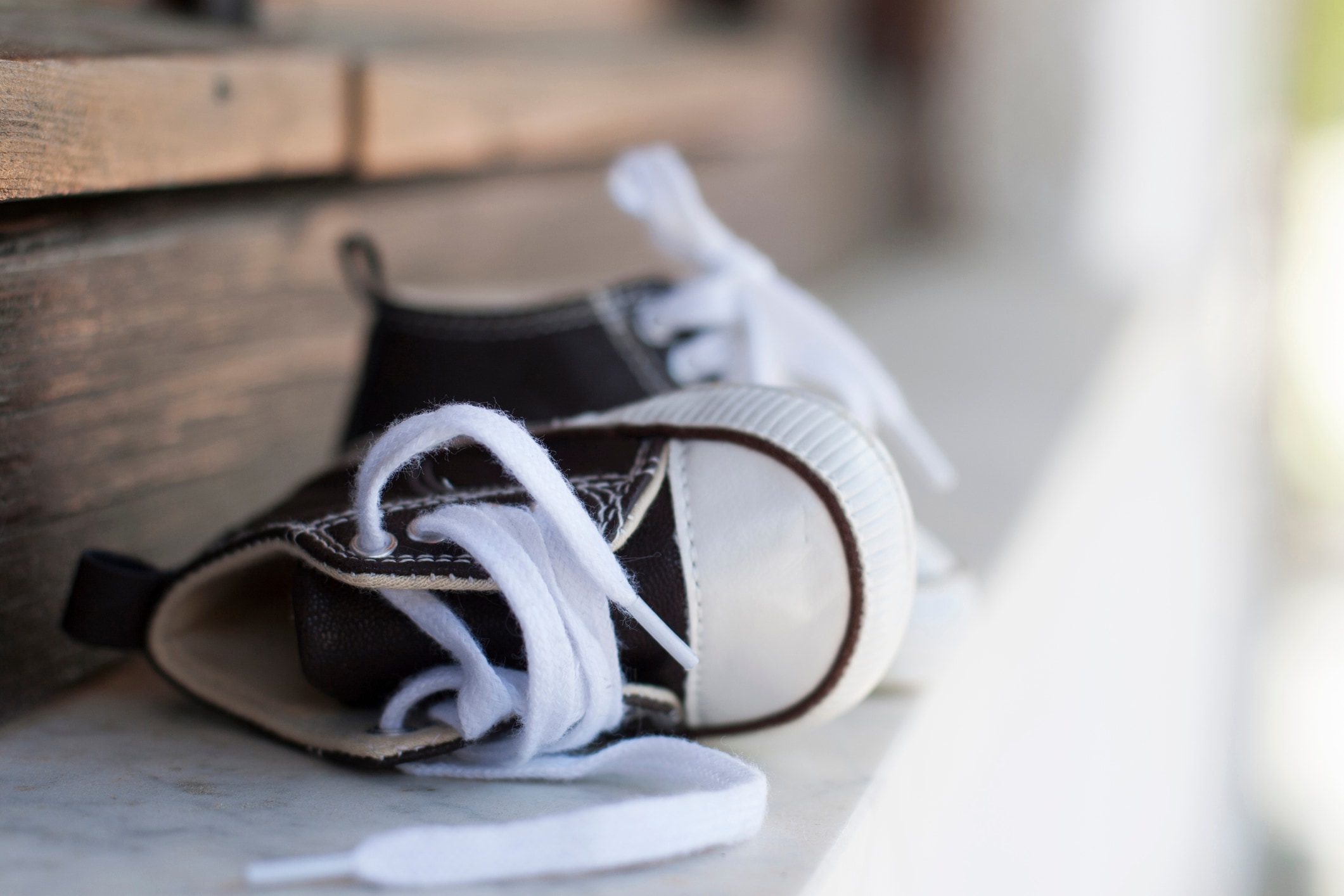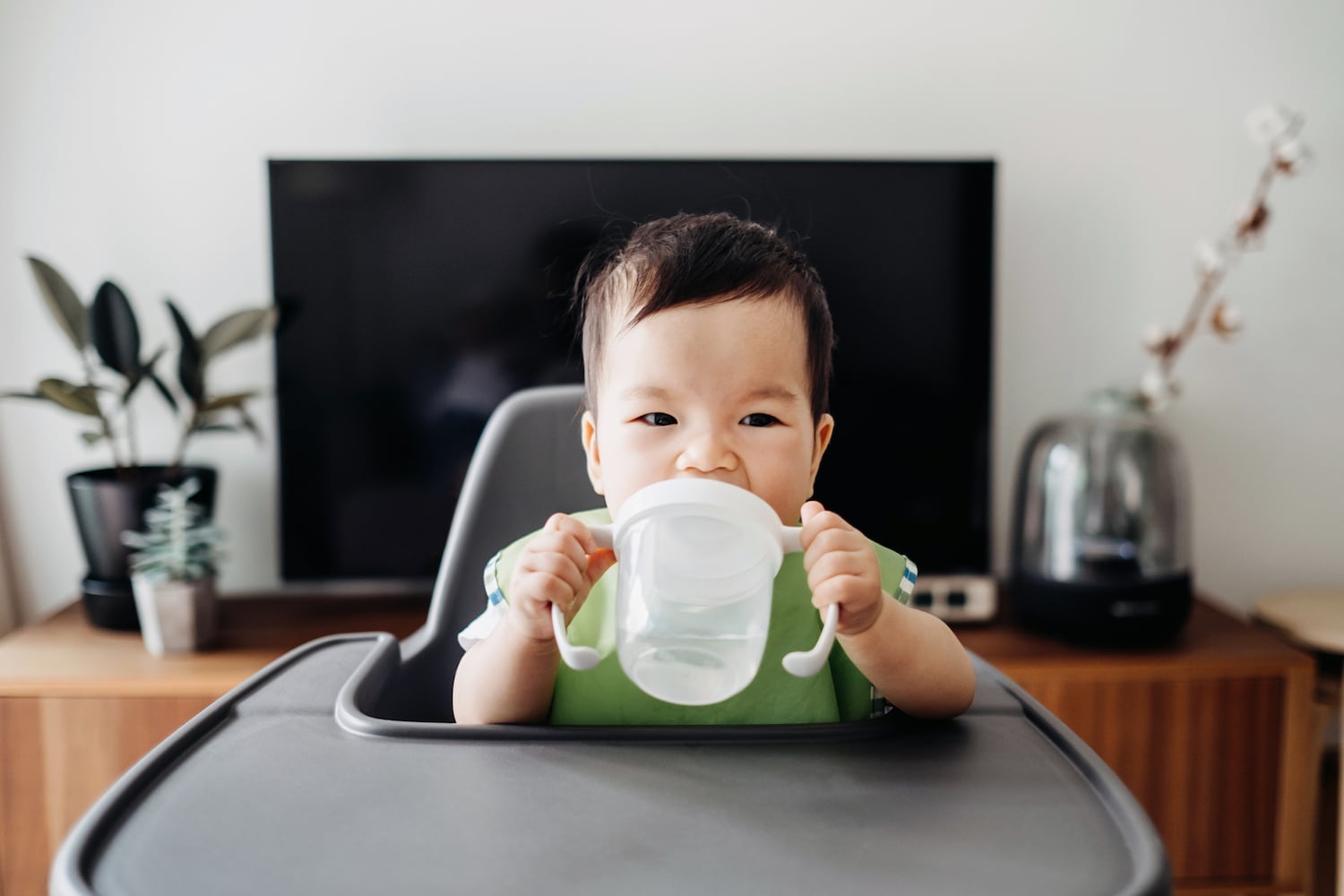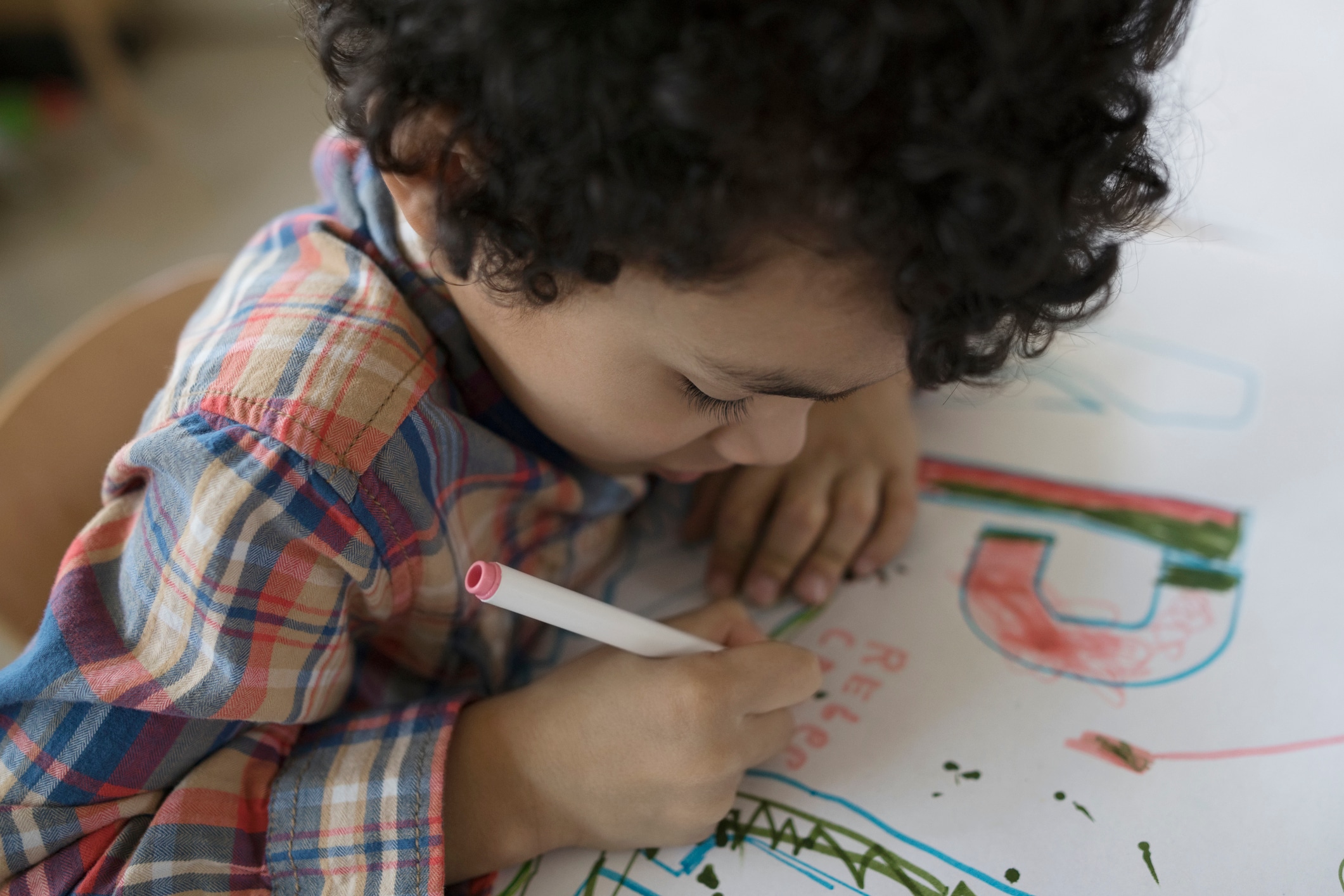In this article
When babies become toddlers who suddenly want to do everything on their own, it can sting a bit for parents who were once needed for everything. Gaining independence is a good thing, of course (and a sign of a job well done), but still, it hurts!
“The day your toddler looks you square in the eyes and says, ‘No, me do it!’ will always catch you off guard,” notes Ashlyn Ellington, a child and family therapist at Atlanta Counseling Collective. “Suddenly, the little person who once needed you for absolutely everything is pushing your hands away and insisting on their own independence. It’s a milestone worth celebrating — but also, it’s normal for it to feel like a tiny heartbreak.”
If you’re feeling sad that your toddler no longer needs you as much (while feeling proud, too — two things can be true!), you’re not alone. Here’s advice and insight on how to deal with the unexpected pangs of sadness that come with a child’s transition to more independence.
Key takeaways
- Parents often experience a quiet, unspoken grief as their toddlers begin asserting autonomy — a bittersweet reminder that time is passing and roles are shifting. These feelings don’t make you clingy or over-attached; they make you human.
- Suppressing sadness won’t make it disappear — naming, expressing, and processing your feelings allows you to move through them. In doing so, you create emotional room to celebrate your child’s development and your evolving role.
- Encouraging your toddler’s self-sufficiency through returned responsibility and esteem-building language fosters resilience and confidence. As your child grows, your job isn’t to do for them, but to believe they can do for themselves.
- As your child needs you in new ways, it’s an opportunity to reconnect with passions, goals and your own identity. Modeling a full, balanced life helps your child see that growth and self-discovery never stop.
Is it normal to feel sad about my toddler not needing me as much?
It’s incredibly normal, notes Emma Basch, a clinical psychologist specializing in maternal mental health and parenting in Washington D.C. However, she notes, this particular sadness is a “type of grief that often goes unacknowledged [and] sometimes called disenfranchised grief.”
There are many things to miss about babyhood and having a little one who was once completely and utterly dependent on you. “Missing the snuggles, the way your child fit perfectly in your arms or the fact that they once needed you to do every little thing doesn’t make you clingy,” says Ellington. “It makes you human.”
In addition to your humanity and the “demarcation of time passing,” Basch notes, “the shift in independence marks a change in parental identity.”
This is something that’s often difficult for parents, she continues, and it can bring up anxiety, as well.
How can I deal with my feelings of sadness during toddlerhood?
The number one way to address feelings of sadness about your toddler growing up is to recognize and acknowledge the emotions.
“It may sound simple, but allow yourself to feel your feelings,” Basch notes. “Name them, write about them, talk to a friend, cry, talk to a therapist. You can’t bulldoze through your feelings, and not dealing with them doesn’t make them go away.”
Doing this also makes space for new things, notes Ellington. “When you acknowledge the pangs of sadness you feel when, say, your toddler zips their jacket up on their own, you’re creating room for the joy of watching your toddler grow.”
Put another way: The only way out is through.
Ellington notes that other ways to deal with these emotions include:
- Talking with other parents.
- Journaling.
- Laughing with friends and other parents about this season of life.
It also bears noting that it’s important for parents to manage their feelings with adult support, and not with their child, says Basch.
“Suddenly, the little person who once needed you for absolutely everything is pushing your hands away and insisting on their own independence. It’s a milestone worth celebrating — but also, it’s normal for it to feel like a tiny heartbreak.”
— Ashlyn Ellington, a child and family therapist
How can I support my toddler’s independence?
While toddler independence can bring on the feels, supporting your child during this phase — need we even say it? — is highly encouraged.
“Don’t let feelings of sadness impede your child’s development,” says Sara Loftin, a clinical therapist Children’s Health in Dallas. “Many parents continue to complete tasks for their toddlers who request — OK, demand — to accomplish these tasks independently. Parents may do this because it is easier, they are in a rush, or, deep down, they want to still feel needed.”
“It is vital for parents to understand they are needed,” she continues. “However, their roles change as their children develop.”
According to Loftin, three skills are key when supporting a child’s independence:
- Returning responsibility.
- Esteem-building responses.
- Encouragement vs. praise.
Returning responsibility
You don’t know what toddlers are capable of until you give them the opportunity to try, Loftin notes. “When your child asks you to complete a task for them, return that responsibility,” she says. “Answer with: ‘Hm, I think that’s something you can do!’”
“Children will often arrive at a solution better than our own when faced with a challenge,” she continues. “This way, children learn they can do hard things and will want to continue to grow and develop.”
Esteem-building responses
When your child is struggling with a task, offer encouragement. Phrases such as “you’re working so hard!” and “you’re not giving up!” can inspire a child to persevere, according to Loftin.
Encouragement vs. praise
When you praise your toddler (“You are so smart!”) instead of encourage them (“You worked so hard on that!”), they may accomplish tasks for the approval of others instead of achieving because it intrinsically feels good to work hard, notes Loftin.
“It may sound simple, but allow yourself to feel your feelings. Name them, write about them, talk to a friend, cry, talk to a therapist. You can’t bulldoze through your feelings, and not dealing with them doesn’t make them go away.”
— Emma Basch, a clinical psychologist specializing in maternal mental health and parenting
How can I find my purpose during this transitional time?
The flip side of your child needing you less is figuring out what fills the space for you.
“Parenthood has a way of swallowing your identity, and when your toddler starts pulling away, it can leave you wondering, ‘What now?’” notes Ellington. “This is an invitation to rediscover yourself.”
Ellington suggests dusting off an old hobby, pursuing a career goal, reconnecting with friends or enjoying the small freedoms you didn’t previously have, like finishing coffee while it’s still hot.
“Speaking with a therapist or counselor can be a beautiful space to explore your values and identify what you want those to look like in this new season,” she continues. “Finding purpose outside of parenting not only strengthens you — it models for your child what a full, balanced life looks like.”
Also, keep in mind: Just because your child doesn’t need you in the same way, they still need you. “Your role is still critical as a parent,” notes Basch. “It’s just different and changing.”
Where can I find support?
In addition to considering a therapist, the experts we spoke to all agree that finding other adults who “get it” is key.
“Search for a parent group in your local area or join a social media group specifically for parents of toddlers,” says Loftin. “Be intentional about forging a community around you. Supportive friendships don’t just happen, they are sought out and need intentionality. Schedule time with friends, and make sure you follow through.”





